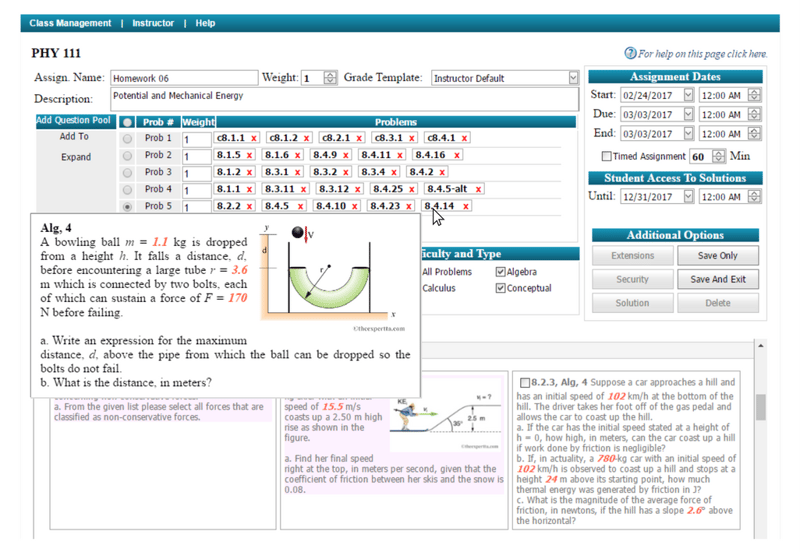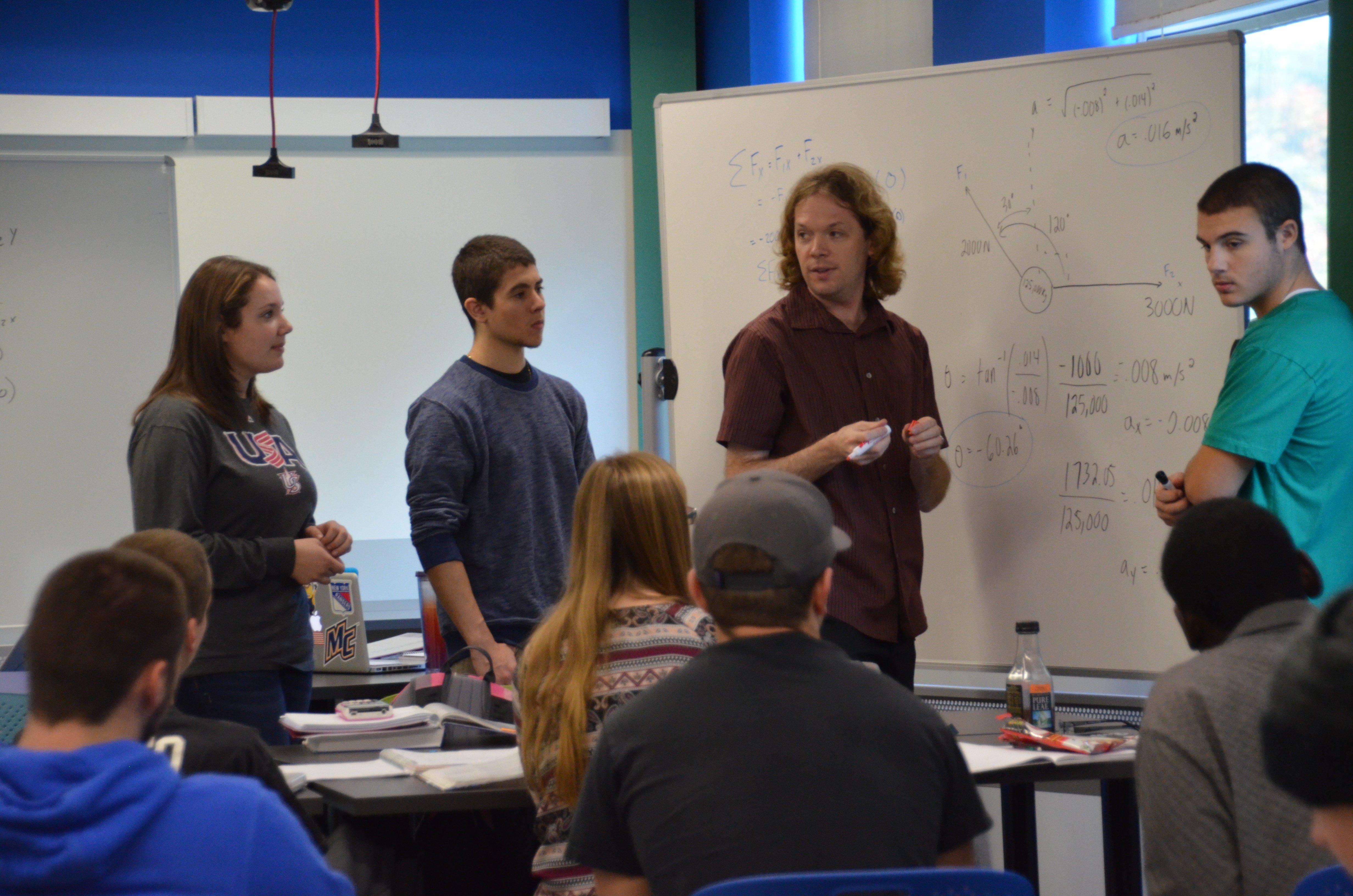Question Pools: Expert TA’s 99th Step in Protecting Academic Integrity

Academic integrity is important — to you as the instructor, to us as a homework provider, and most importantly to students who should be benefitting from the practice that homework provides. Historically to combat online cheating, Expert TA has utilized industry best practices including randomized variables, randomized phrases and problem masking to minimize academic integrity issues associated with our online physics homework system. We took it a step further and began to search for our content online, working with sites like Chegg.com and Yahoo Answers to keep our problem solutions off of their servers. This document provides more insight into how we sweep the Internet to protect our content and the speed with which it’s reported back to us and removed (often within 24 hours). Although these efforts make a significant impact in curbing cheating, it shouldn’t surprise us that students continue to find unique ways, like online collaboration, to get an answer, all while avoiding the homework practice they actually need.
As the next step in a continuous effort to stay on top of academic integrity issues, Expert TA released a new feature in the Fall of 2016: Question Pools. This feature allows instructors to have Expert TA generate an entirely unique problem set for each student based on an initial pool of problems chosen for an assignment.
Here’s a snapshot example of how it works:

An instructor has five problems. Each problem has a pool with a subset of five total questions that could be generated for one of the assigned problems. This means that 25 potential problems are used on an assignment for each student. Instructors can carefully select five problems for problem number one that resemble the same topic, difficulty and problem steps. However, each problem would be completely different in problem statement, image and style.
As we’ve discussed in another post about combatting cheating, Expert TA is committed to providing a homework platform that encourages learning, and therefore encourages academic integrity. As technology changes, you can rest assured knowing we’ll stay proactive and continue to evaluate the strategies necessary to keep cheating at bay.
We would like to hear from you. If you’re an instructor, what strategies have you implemented that work to prevent online collaboration? Please leave a comment below.
Want to receive the Expert TA newsletter to receive blog updates in your inbox?
The Expert TA blog was created to serve as a hub of information to help educators track and discuss trends in education, software and student performance.



